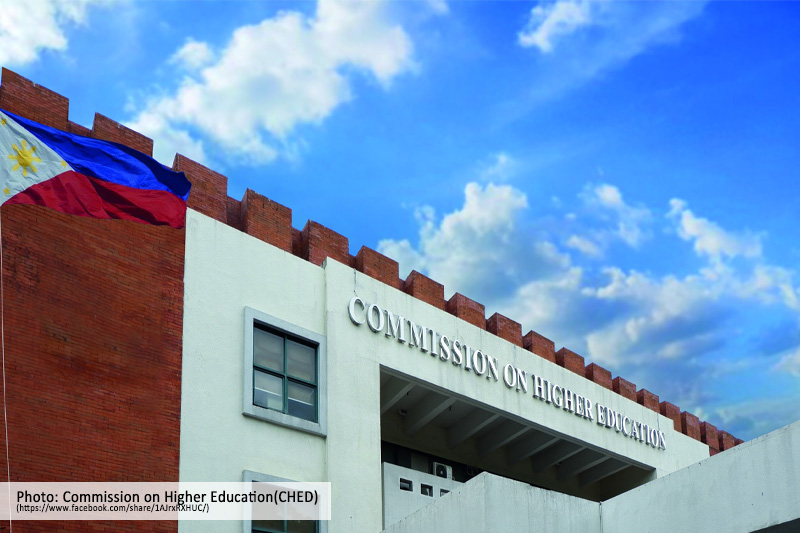Highly improbable.”
This is how the Commission on Higher Education (CHEd) described yesterday the estimates provided by the National Union of Students of the Philippines (NUSP) citing at least "400 universities and colleges” intend to increase their tuition and other school fees for the incoming academic year.
In an official statement issued by the office of CHEd Chairperson Patricia Licuanan, the Commission decried the estimates provided by NUSP as "highly improbable.”
In AY 2014-2015, CHED approved 287 private higher education institutions (HEIs) from 345 that initially filed applications at its regional offices.
The NUSP, considered as the largest and broadest alliance of more than 650 student councils and governments/unions in the country, earlier announced that around 400 Higher Education Institutions (HEIs) for have plans to implement tuition hike for Academic Year (AY) 2015-2016. This estimates, NUSP stressed, is based on the data it gathered from its "tuition monitor network.”
However, CHEd is dubious on the said data citing that in AY 2014-2015, the Commission "only approved 287 private HEIs from 345 that initially filed applications at its regional offices.” In AY 2013-2014, Licuanan said that CHEd "approved 354 private HEIs from 451 that initially applied.” The approved numbers, she added, "represent roughly 20 percent of the 1,683 total number of private HEIs nationwide.”
Licuanan said that for AY 2015-2016, "CHEd will be able to provide more realistic estimates by April after the deadline of intended tuition and/or other school fees submissions end on April 01.”
NUSP has been criticizing CHEd for being "powerless” when it comes to the annual increase in tuition and other fees citing these "are inhumane, incessant and anti-student.”
NUSP President Sarah Elago said that "administration-sponsored consultation for the longest time has evolved into a mere justification and presentation of fees.” She added that the "skyrocketing tuition increase under the guise of ‘development’ actually kills students’ and youth’s right to accessible and quality education.”
Meanwhile, Licuanan said that CHEd "will ensure that HEIs meet the guidelines provided by law, especially the requirement of consultation, the allocation of tuition fees, and the strict adherence with the processes that seek to make tuition fee increases transparent, reasonable and affordable.”
Tapping the help of the Philippine Institute for Development Studies (PIDS), Licuanan said that CHEd is also "developing a systematic, data-based, broadly acceptable framework for tuition and other school fees to guide the agency in deciding on a reasonable rate of increase each year.”
Licuanan also reiterated CHEd’s appeal to "all HEIs to carefully study their tuition and other fees increases each year and to spend wisely and judiciously in order to lessen the costs of its most important stakeholders — its students.”
CHEd disputes claim of tuition hike in 400 colleges
Related Posts
Publications
Press Releases
Video Highlights
[No related items]
Infographics
[No related items]






